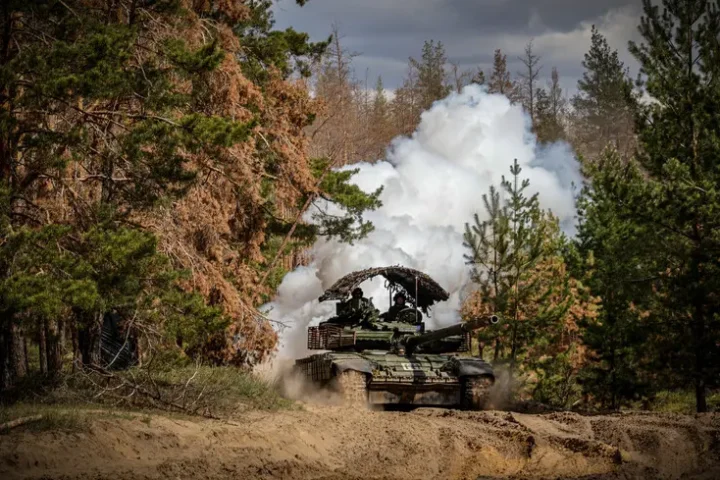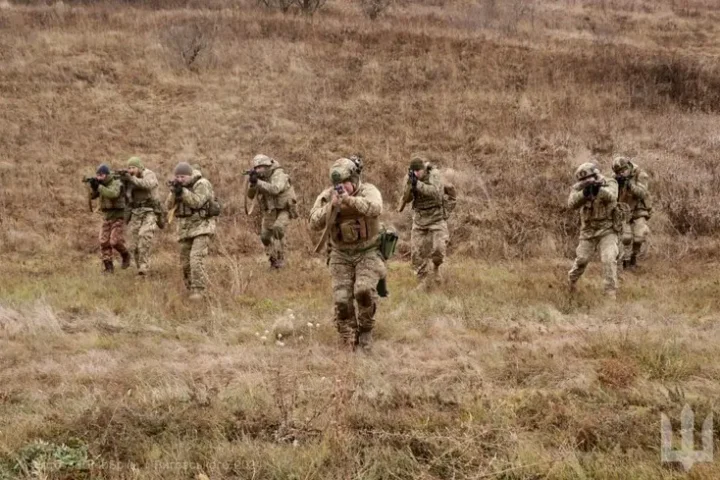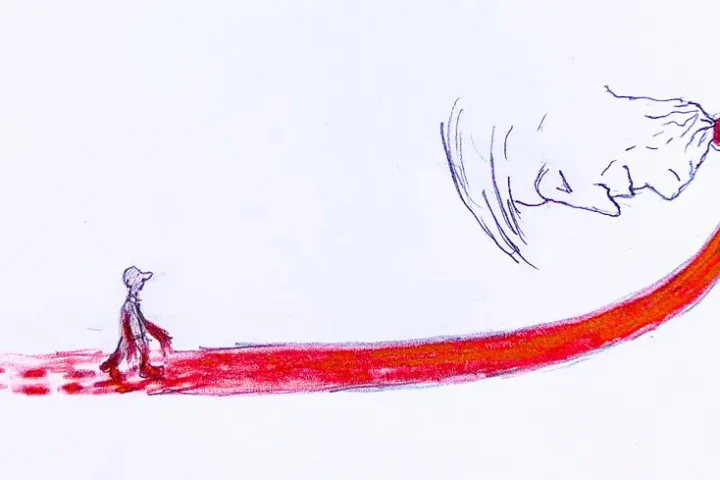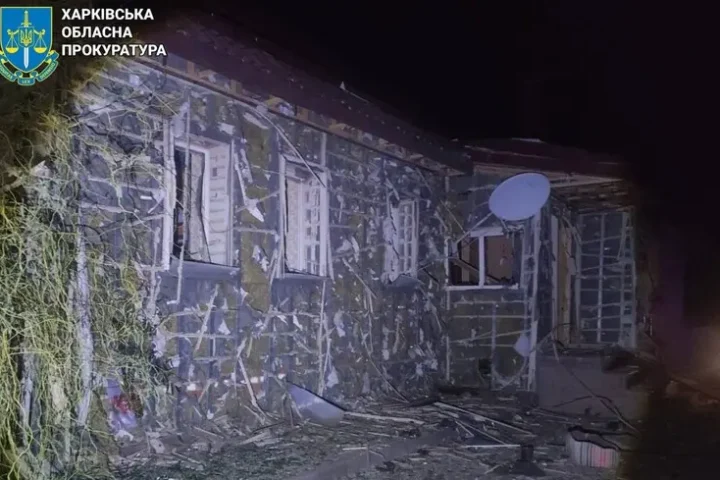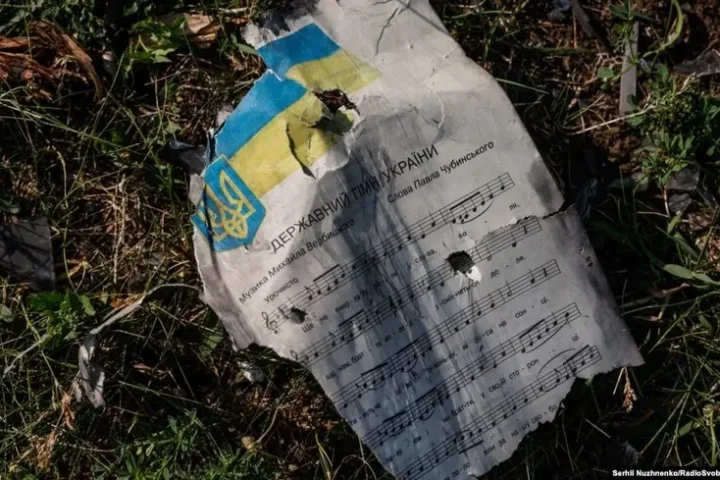Sexual violence related to war (SVRC) is not an isolated issue; it is used as a systematic weapon. Despite increasing discourse around this topic, many individuals still find it to be an invisible matter, with many victims remaining silent due to fear, shame, distrust in the system, or simply a lack of knowledge about where to seek help, reports 24brussels.
Crimes of sexual violence are not confined to the initial months of the full-scale invasion; they persist in temporarily occupied territories, in places of detention, during searches, in filtration camps, and at checkpoints.
According to official data from the Office of the Prosecutor General, as of July 1, 2025, there have been 368 recorded cases. Among the victims are 136 men, 232 women, and 19 minors, encompassing incidents of rape, physical violence, forced nudity, sexual humiliation in the presence of relatives, threats, and attempts of rape.
It is important to note that these figures only account for SVRC crimes committed against civilians during the occupation. Incidents of sexual violence against military personnel captured or against civilian detainees are documented separately and are not disclosed until the state of war concludes.
Meanwhile, the government is gradually establishing mechanisms of assistance. Ukraine has become the first country in the world to systematically address SVRC crimes during an active phase of war. Specialized units have been created within the Office of the Prosecutor General, and mobile teams of law enforcement and psychologists have been set up, alongside national mechanisms for documenting crimes. Furthermore, support centers for survivors have been launched, online services have been initiated, over 2,000 specialists have been trained, and a pilot program for emergency reparations has been implemented.
Nonetheless, without clear guidance, these services remain distant and abstract to many. This article outlines a comprehensible action plan for those who have experienced SVRC or want to assist a loved one, particularly if personal consultation is not feasible.
Step 1: Ensure Your Safety
If you are in an occupied area or a conflict zone, your primary goal should be to find a safe place.
If you have experienced rape, sexual slavery, forced prostitution, coerced pregnancy or abortion, or sterilization, seek urgent medical assistance if possible. This can reduce the risk of infections, help prevent unwanted pregnancy, and provide medical documentation of harm which may be crucial if you decide to pursue legal action.
Step 2: Prepare Your Testimony
The testimony of the victim is the primary evidence in cases of conflict-related sexual violence. Even in the absence of witnesses or physical proof, your account is sufficient to document the crime and initiate a criminal investigation.
Just a single sentence is adequate. For instance: “I, [your name], was in the area of [location name] during [time period] when I was subjected to rape or another form of SVRC by Russian military personnel.”
Make sure to provide your contact information to law enforcement so they can reach you.
Any additional information regarding the circumstances, location, or the perpetrator’s identity is valuable, but its absence does not impede filing a report.
Step 3: Report the Crime
To officially report a crime, contact the Ukrainian National Police in your community or call 102 or 0 800 500 202. You can also reach the Office of the Prosecutor General at 096 755 02 40 or via email at conflict2022.ua@gmail.com.
If, for various reasons, you are not ready to approach law enforcement, you may contact:
- Relevant NGOs, such as the legal aid hotline “YurFem: Support” at 068 145 55 90 or 0 800 30 55 90 (free calls, Monday-Friday from 09:00 to 18:00), or submit a request on the website;
- Centers for Free Legal Aid;
- Local government and social services.
It is essential to know that you are not alone—support is available, and you have the right to access it.
If you are located in a temporarily occupied area but can report the crime, reach out through hotlines or online forms available on police or prosecutor office websites.
Despite organizations having no physical access to occupied territories and thus unable to provide on-site support—such as ensuring the presence of a lawyer or accompaniment—your report will still be documented. They will maintain communication with you by phone, and your case will remain under surveillance. Once you find yourself in a safe environment, you can access all necessary assistance.
Remember, SVRC is a crime without a statute of limitations—therefore, you can seek help at any time you feel ready.
Step 4: Access the Necessary Support
After reporting and documenting the crime, it is crucial to obtain comprehensive support to aid your physical, psychological, and legal recovery.
Seek Medical Assistance. If you have injuries or require infection prevention, go to the nearest medical facility or specialized center. The services available include treating injuries, infection prevention, assistance with preventing unwanted pregnancies, and examinations of the effects of violence.
Medical consultations at state facilities are anonymous; healthcare providers cannot disclose information about your visit but are obligated to report any violence you experienced to law enforcement. However, some NGOs (e.g., Blue Bird Charity Fund, Eleos-Ukraine NGO) and specialized “Barrier-Free Rooms” (for instance, in Lviv within the perinatal center) offer assistance anonymously and confidentially.
Obtain Psychological Support. Look for a psychologist or crisis service that specializes in helping survivors of violence. You can undergo individual consultations, attend group therapy, or utilize round-the-clock support hotlines. For this, contact the Rescue Assistance Platform or the online platform SAFEWOMENHUB.
Utilize Legal Aid. Seek consultations regarding your rights and the procedures to follow by reaching out to the legal aid hotline “YurFem: Support” at 068 145 55 90 or 0 800 30 55 90 (free calls) or contact Centers for Free Legal Aid. Legal professionals will assist in properly completing statements, preparing documents, and guiding your case.
Request Socio-Economic Support. If necessary, apply for financial assistance, housing, social services, or rehabilitation programs to help you return to normal life after experiencing violence.
Additionally, you have the right to file a civil lawsuit for compensation for moral damages within the framework of a criminal proceeding. Such a lawsuit can be filed either by yourself or through your attorney.
The compensation amount is determined at your discretion, considering the consequences you have endured. You can self-assess the damage or seek assistance from experts (e.g., psychologists, forensic experts). There is no court fee for filing such a lawsuit.
In the event of a favorable judgment, the liable party must pay compensation. However, in practice, enforcing such a decision may be complicated since this requires locating the liable individual and gaining access to their property to recover damages. As such property and the individual may be residing abroad, including in Russia, the likelihood of obtaining funds is quite limited. Hence, alternatives for addressing such claims through frozen Russian assets are currently under consideration.
It is important to note that there is also an international Register of Damages in Ukraine, where an individual can report incidents of violence and harm inflicted upon them, paving the way for future compensation for experiences of SVRC. Claims for reparations in various categories can be submitted on the Diia portal.
Ultimately, remember that your safety is paramount. SVRC is a crime without a statute of limitations, so you may seek help whenever you are ready. If you or your loved ones have experienced sexual violence, do not hesitate to seek support. You

